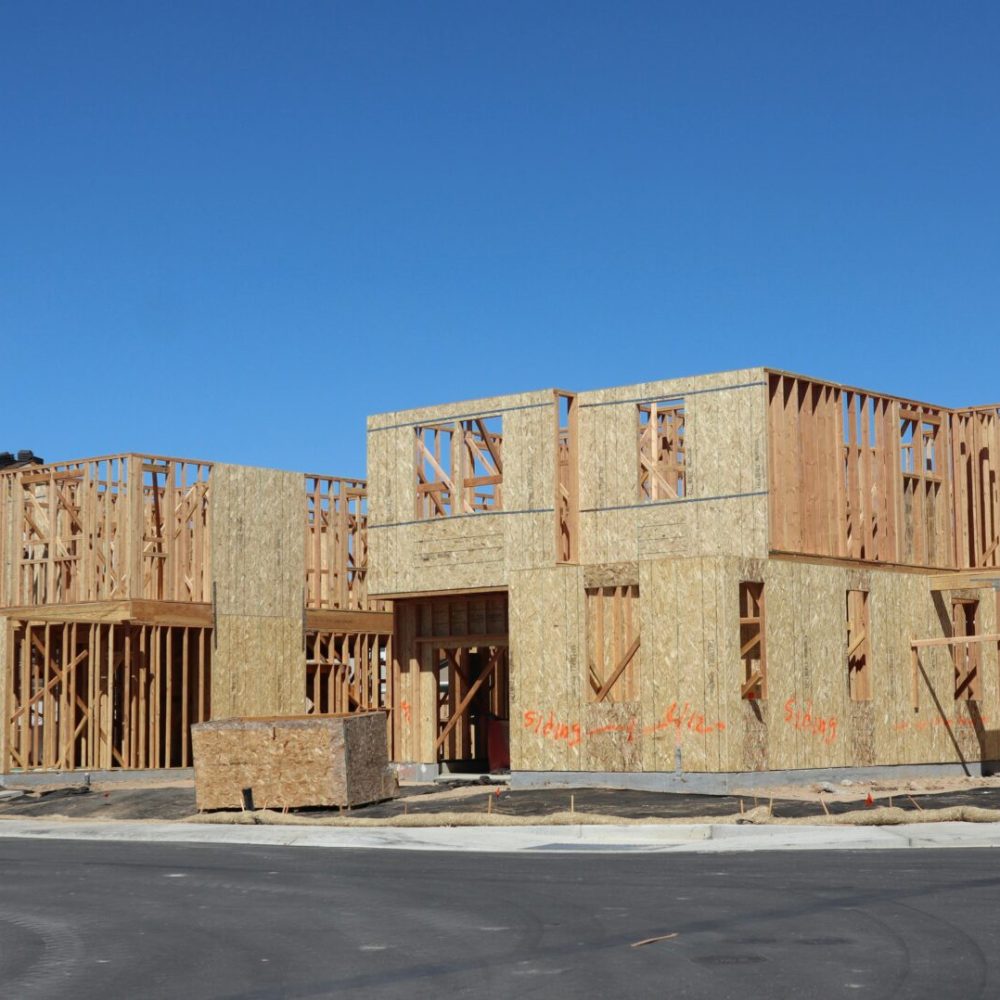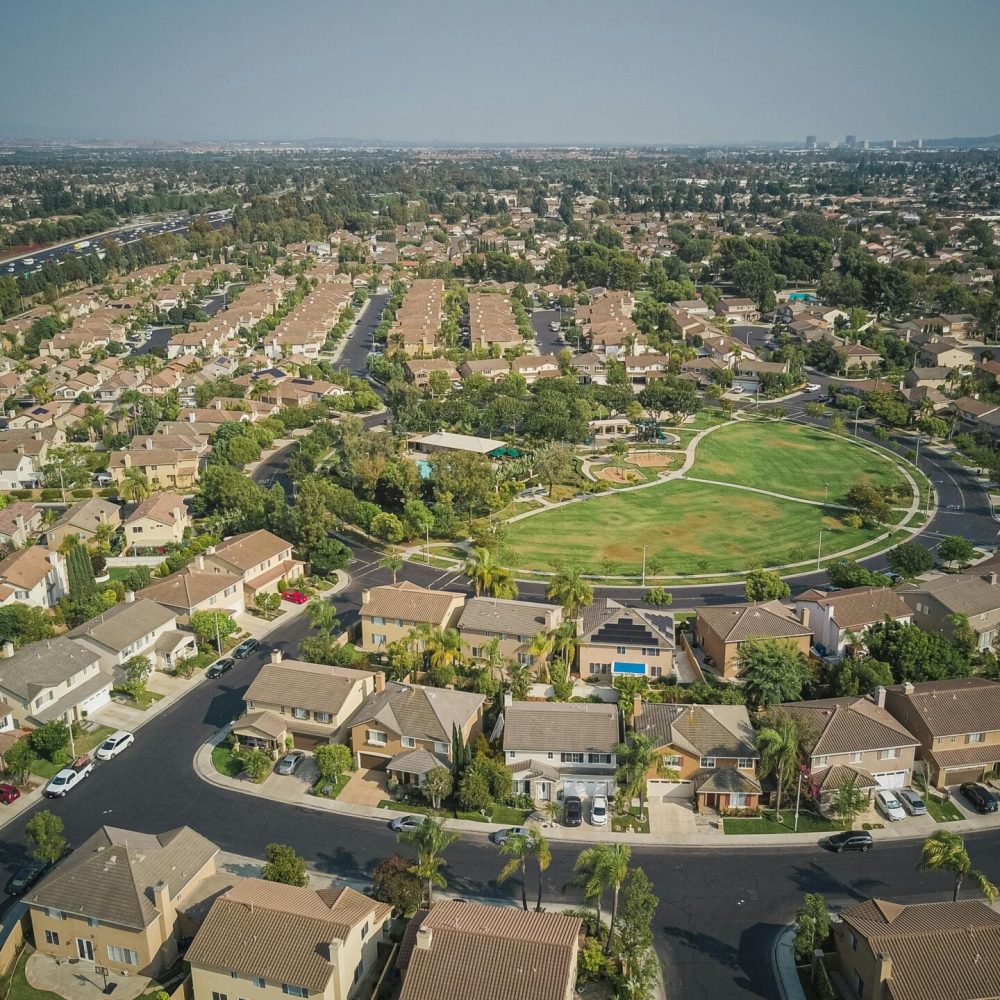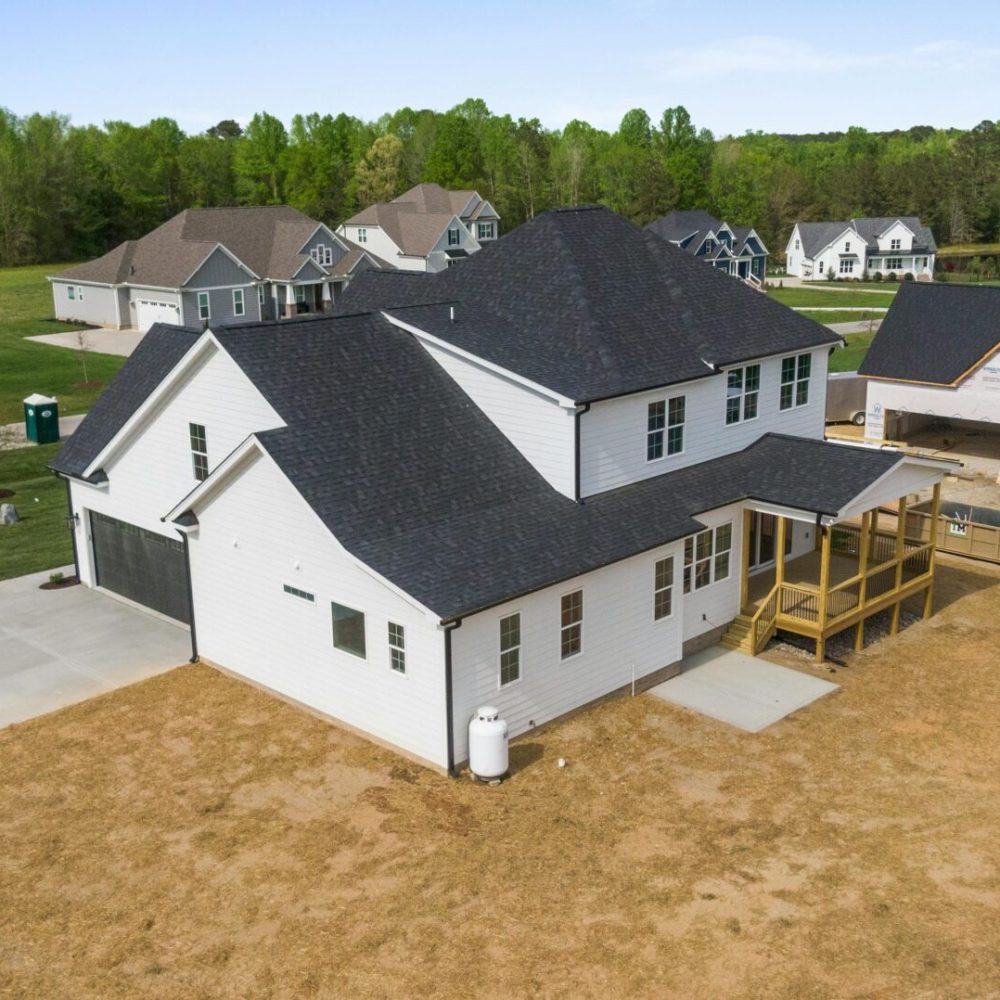Zoning
Introduction
When it comes to property ownership and development, zoning regulations play a crucial role in determining how land can be used. Whether you’re looking to make significant changes to your property, challenge existing zoning restrictions, or ensure compliance with local laws, a home appraisal can be an invaluable tool.
This page explores the intersection of home appraisals and zoning, highlighting why these assessments are often necessary and how they can benefit property owners in various zoning-related situations.

Understanding Zoning and Its Impact on Property
What is Zoning? Zoning refers to municipal or local laws that dictate how property in specific geographic zones can be used. These laws typically specify whether zones are for residential, commercial, industrial, or mixed use. Zoning regulations can significantly impact property values by influencing what can be built or how land can be used in a particular area.
The Role of Home Appraisals in Zoning Matters
- Establishing Current Use. An appraisal can provide a detailed assessment of how a property is currently being used, which is crucial when dealing with zoning issues.
- Determining Highest and Best Use. Appraisers can evaluate the most profitable use of a property within the constraints of what is legally permissible, physically possible, and financially feasible.
- Supporting Zoning Changes. When seeking a zoning change or variance, an appraisal can provide valuable data to support your case.

Situations Where a Zoning-Related Appraisal is Needed
- Rezoning Applications. If you’re applying to have your property rezoned, an appraisal can help demonstrate the potential value and impact of the proposed change.
- Variance Requests. When seeking a variance from existing zoning regulations, an appraisal can help justify your request by showing its potential impact on property value.
- Non-Conforming Use Documentation. For properties that don’t conform to current zoning but are grandfathered in, an appraisal can document the property’s status and value.
- Eminent Domain Cases. In situations where the government is seeking to acquire property through eminent domain, an appraisal is crucial for ensuring fair compensation.
Components of a Zoning-Focused Appraisal
- Current Zoning Analysis. The appraiser will review current zoning regulations and how they apply to the property in question.
- Neighborhood and Market Analysis. An assessment of the surrounding area and local real estate market helps contextualize the property’s current and potential uses.
- Highest and Best Use Determination. This analysis considers what use of the property would result in the highest value while complying with legal restrictions.
- Comparative Market Analysis. The appraiser will look at similar properties and how zoning impacts their values.

Benefits of Getting a Zoning-Related Appraisal
- Informed Decision Making. An appraisal provides concrete data to help property owners make informed decisions about potential zoning changes or property improvements.
- Stronger Case for Zoning Changes. When petitioning for zoning changes, a professional appraisal can lend credibility and weight to your arguments.
- Identifying Opportunities. An appraisal might reveal potential uses for your property that you hadn’t considered, potentially increasing its value.
- Risk Mitigation. Understanding how zoning impacts your property value can help you avoid costly mistakes in property development or purchases.
The Appraisal Process for Zoning Purposes
- Initial Consultation. The process typically begins with a discussion of your specific zoning-related needs and concerns.
- Property Inspection. The appraiser will conduct a thorough inspection of the property, noting its current use and condition.
- Zoning Research. Detailed research into current zoning regulations and any proposed changes in the area is a crucial step.
- Market Analysis. The appraiser will investigate local market trends and comparable properties.
- Report Preparation. The final report will include all findings, analysis, and conclusions relevant to your zoning concerns.

Challenges in Zoning-Related Appraisals
Zoning regulations can be intricate and vary significantly between jurisdictions, requiring specialized knowledge. When appraising for potential zoning changes, appraisers often need to consider hypothetical scenarios, which can be challenging and in areas with quickly evolving real estate markets, assessing the impact of zoning on value can be particularly complex.
Choosing the Right Appraiser for Zoning Matters
- Specialization. Look for appraisers with specific experience in zoning-related valuations and a deep understanding of local zoning laws.
- Credentials. Ensure the appraiser holds appropriate certifications and is familiar with the standards set by the Appraisal Institute for zoning-related work.
- Local Knowledge. An appraiser with extensive knowledge of your local area will provide more insightful and accurate assessments.

Using Appraisal Results in Zoning Proceedings
- Presenting to Zoning Boards. A professional appraisal can be a powerful tool when presenting your case to local zoning boards or planning commissions.
- Negotiating with Local Authorities. The data from an appraisal can help in negotiations with local authorities regarding zoning changes or variances.
- Legal Proceedings. In cases where zoning disputes lead to legal action, a well-prepared appraisal can serve as crucial evidence.
The Intersection of Zoning Appraisals and Property Development
For developers, zoning appraisals are often a crucial part of feasibility studies for potential projects and understanding zoning constraints and opportunities can help property owners maximize the potential of their land. In areas undergoing significant zoning changes, appraisals can help property owners adapt and make informed decisions.
In the complex world of property ownership and development, understanding the interplay between zoning regulations and property value is crucial. A professional home appraisal focused on zoning matters can provide invaluable insights, whether you’re seeking to change your property’s zoning, ensure compliance with existing regulations, or maximize your property’s potential within current zoning constraints.
Remember, zoning regulations can have a profound impact on your property rights and the value of your investment. By arming yourself with the detailed, professional analysis that a zoning appraisal provides, you’re taking a proactive step in protecting and potentially enhancing the value of your property. Whether you’re a homeowner, investor, or developer, understanding the zoning landscape through the lens of a professional appraisal can be the key to unlocking your property’s full potential.
Experience the difference of HomeVault by Banks Valuation
Trusted, human-driven appraisals tailored to your needs and delivered on your schedule.
